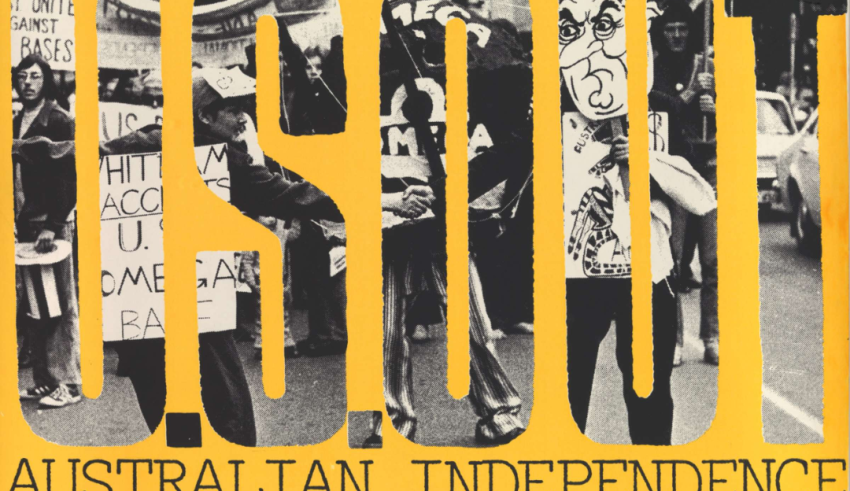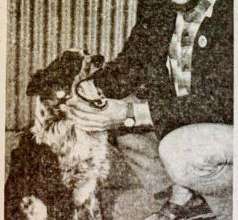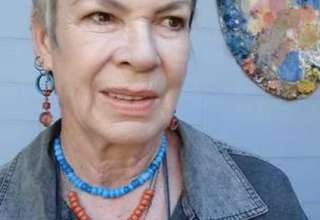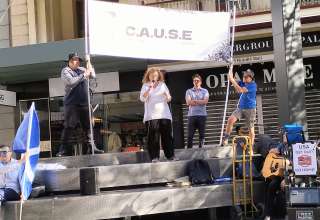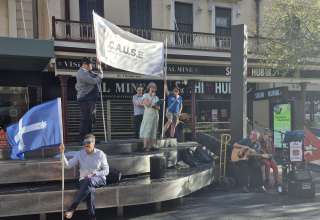6 May — 5 July 2024
Flinders University Museum of Art
Flinders University I Sturt Road I Bedford Park SA 5042
Located ground floor Social Sciences North building, Humanities Road adjacent carpark 5
Monday to Friday 10am – 5pm
Thursday until 7pm
Closed weekends and public holidays
FREE ENTRY
The graphic art of protest, propaganda and politics took hold in Australia in the 1970s. Characterised by bold imagery, provocative slogans and vivid symbolism, this ‘alternative’ form of printmaking played a crucial role in protests, rallies and grassroots activism, amplifying the concerns of the nation’s counterculture.
If you don’t fight … you lose revisits this era, featuring the prints and posters of the Progressive Art Movement (PAM), a small, dedicated and hard-hitting multi-arts organisation active in Tarntanya/Adelaide 1974–78.
PAM formed as an offshoot of the Art and Politics course taught at Flinders University by Brian Medlin, the radical professor of Philosophy who had been arrested at a Vietnam Moratorium march, and Ann Newmarch, a high-profile feminist artist and Art School lecturer. The group united artists, writers, poets, filmmakers, actors and musicians with the aim of forging a politically progressive culture rooted in local conditions and opposing US imperialism.
Flinders University was itself a hotbed of activism at this time with students famously staging a month-long occupation of the Registry Building the year of PAM’s inception. Meanwhile, industrial unrest at the nearby Chrysler factory flowed over to students in the Worker-Student Alliance, who handed out leaflets at the factory gates in support of blue collar workers demanding better working conditions.
Reimagining the role and purpose of their work, PAM artists including Ann Newmarch, Mandy Martin, Robert Boynes, Andrew Hill, Pamela Harris, Peter Mumford, Christine McCarthy, Robin Best and Jim Cane joined the ranks of political protesters. They lived their activism by demonstrating about art, working as artists on the factory floor, creating posters for political causes and, on occasion, working as a collective in the Progressive Printers Alliance.
Works in the exhibition are primarily drawn from the FUMA collections. They are organised thematically, while the overarching titlereferences a Redgum song and pays homage to PAM’s only exhibition held in 1977. From the vantage point of 2024, we reflect on the power of these works to challenge the status quo, mobilise communities and disseminate messages of resistance and solidarity. Moreover, we recognise the enduring relevance of their themes and issues as we navigate gender, climate and social justice challenges amidst shifting power dynamics and a rapidly changing world order in the 21st century.

